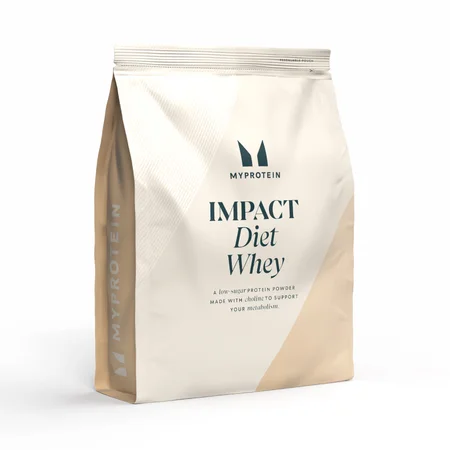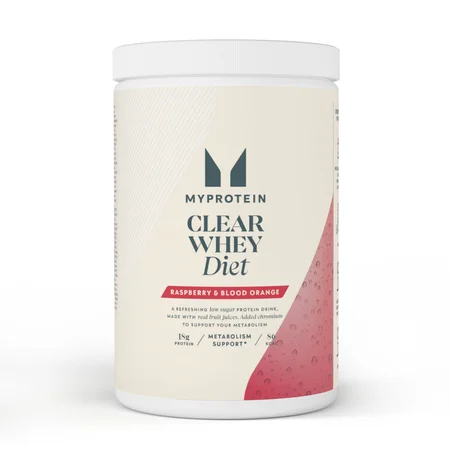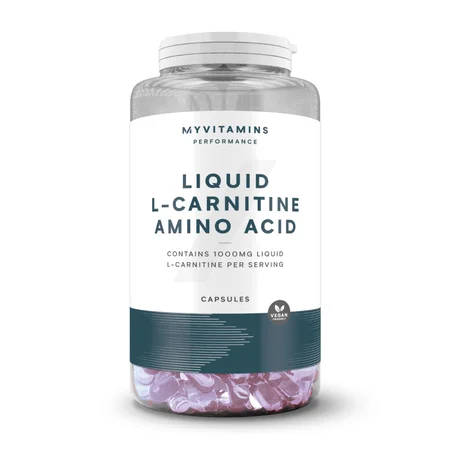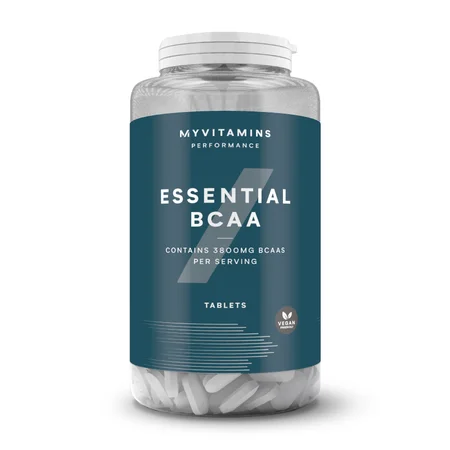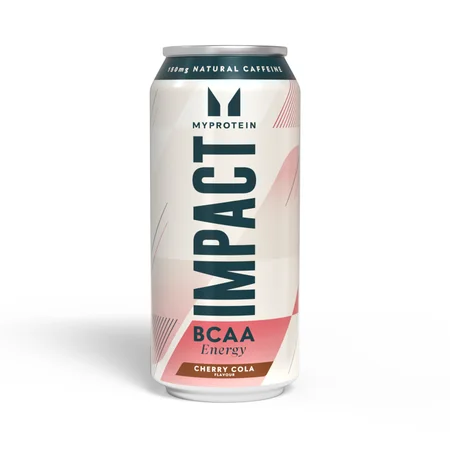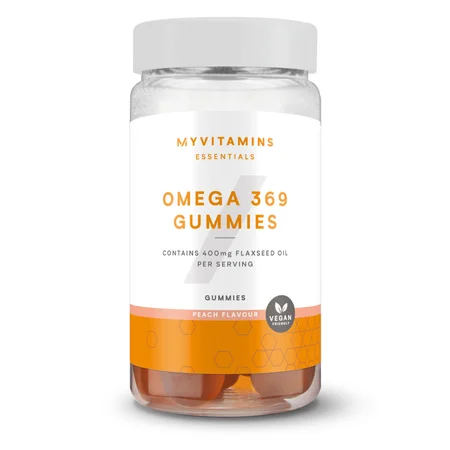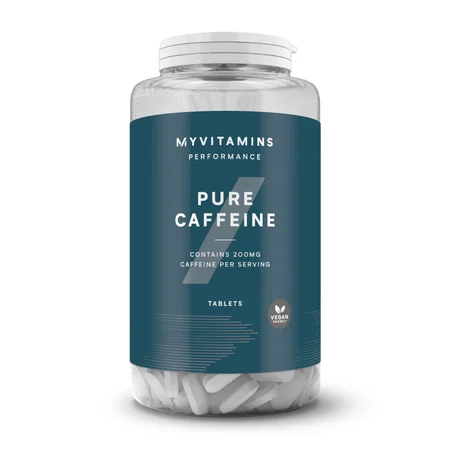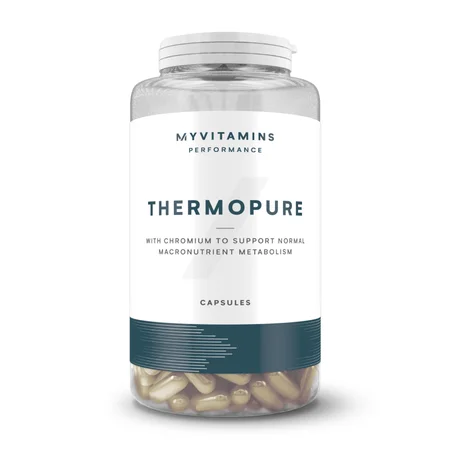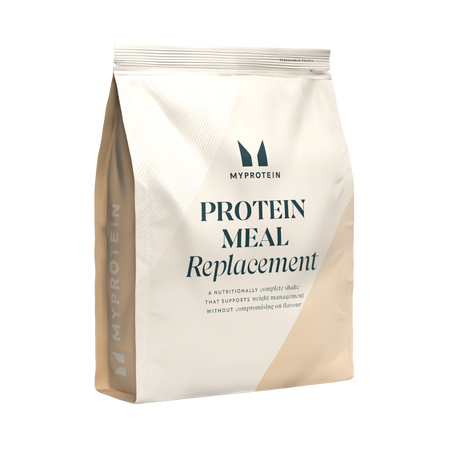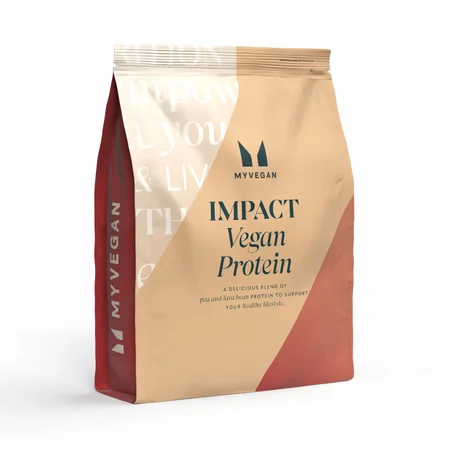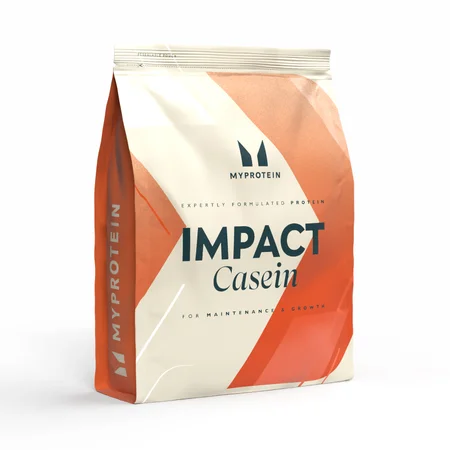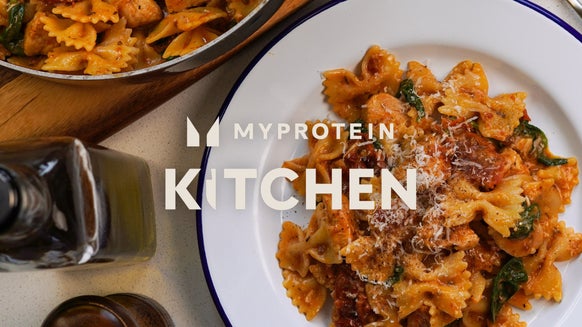Top 5 Supplements For Weight Loss

Losing weight is difficult. If you’re expecting overnight results, you’ll likely end up disappointed. Sustained weight loss requires a good training regime, healthy diet and dedication.
But there are ways to boost your efforts — you can start with these top five supplements for weight loss.
How can supplements aid weight loss?
Supplements can support weight loss in many ways, but first it must be said that all successful weight loss comes down to maintaining a calorie deficit. Here’s how supplements can support that objective:
Reducing appetite
If you’re less hungry, you’re more likely to maintain a calorie deficit and not consume too much. Some supplements can help you feel more full or less hungry, which could help you to meet your calorie goals.
Boosting energy
The other crucial part of the calorie-balance equation is how many calories you’re burning — and good workouts require lots of energy. Supplements that can support your concentration, energy levels, and stamina can make a big difference towards calorie burning at the gym.
Supporting metabolism
When it comes to burning calories, you want to make sure your metabolism is working efficiently to aid weight loss. Some supplements can help support fat burning and preserve muscle mass to target fat loss, others can make sure your cells are getting the energy they need from the food you eat.
Supplements for weight loss
1. Diet Whey Protein
Protein… some people may associate it with muscle-bound bodybuilders, but did you know an increase in protein in the diet has been shown to increase weight loss and fullness?
Whey protein is one of the most popular supplements for weight loss. There’s good reason why — it’s fast absorbing and has a high amino acid content, which has various benefits for the body. In addition to supporting recovery, maintenance and growth of muscles, it has also been associated with increased fullness and weight loss.
In one double-blind 12-week study, overweight participants went on a diet where the calorie intake was reduced by 500kcal a day.1 Participants were asked to consume a whey protein drink or a ready-to-mix beverage with the same number of calories 20 minutes before breakfast and 20 minutes before dinner.
While both groups lost a significant amount of weight, greater weight loss was seen in the group consuming a whey protein-based drink. On top of this, those who consumed whey protein for 12 weeks lost significantly more body fat and less lean muscle.
Diet Whey protein is one of the best dietary supplements for weight loss — try consuming a scoop of impact diet whey with milk, low-fat yoghurt or water first thing in the morning, after a workout or before bed.
Summary
Whey protein can help to satisfy your hunger while providing amino acids to preserve muscle tissue. It can also support weight loss thanks to increased satiety and reduced calorie intake.
2. L-Carnitine
What actually is L-carnitine? It’s a natural chemical that is created in the liver and kidneys from the amino acids lysine and methionine. Good to know… so why is it so special then?
L-carnitine has a range of benefits in the body, number one being its role in aiding weight loss. It acts by transferring long-chain fatty acids into mitochondria where they can be oxidised to produce energy… this makes the body burn stubborn fat stores for energy.
Recent scientific data has indicated that L-carnitine also plays a role in preventing cellular damage from exercise stress, and supplementation can actually have benefits for training, competitions and recovery.6
Support your weight loss diet and training regime by taking two tablets of L-carnitine before meals twice daily.
Summary
L-carnitine supports the metabolism of fat, which can help make your metabolism more efficient, as well as exercise recovery.

What Is L-Carnitine? | L-Carnitine Benefits, Dosage & When To take?
Should you consider adding this supplement to your routine?
3. BCAA
BCAA stands for branched chain amino acids. If you’re not familiar, amino acids are the building blocks of proteins. BCAAs are a group of three amino acids considered “essential” — that is, unlike the other non-essential amino acids, they must be consumed in the diet.
BCAAs are made up of leucine, isoleucine and valine, and are thought to be some of the only amino acids directly related to muscle recovery that can also be used as a source of energy in the body.
All makes sense… but how exactly do BCAAs help with weight loss?
Supplementing with BCAAs has been shown to help regulate the body’s insulin levels and play a large role in several different metabolic reactions.2 And in a scientific review, there was emerging evidence showing the metabolic roles of leucine has some effect on weight loss.3
To aid weight loss, supplement with BCAAs first thing in the morning, and before and after a workout.
Summary
BCAAs help to support healthy muscles and optimise metabolism to support weight loss.
4. Green Tea Extract
The British are always drinking tea. Well, it turns out the occasional cuppa has health benefits. If it’s a cup of green tea, that is. Many studies have shown the drink to have health benefits, weight loss among them.
So, how can green tea help you lose weight?
Green tea has been labelled a metabolic booster by some… but it’s not quite that simple. It contains chemical compounds called polyphenols — catechins to be precise.
In one study it was found in a sample of participants that the consumption of catechins were seen to have a positive effect for weight loss.4
To compare the effects of catechins with other chemicals also suspected to increase metabolism, the effect of weight loss with regular caffeine consumption was also investigated, but no significant decrease in weight was seen in this instance.
Overall, results from the scientific study provided evidence to suggest catechins, specifically epigallocatechin gallate, can have benefits for weight loss and weight maintenance.
So consuming green tea extract as part of a balanced diet and in combination with a good training regime can support weight loss.
Summary
Green tea contains catechins, which seem to have some benefits for weight loss and management.
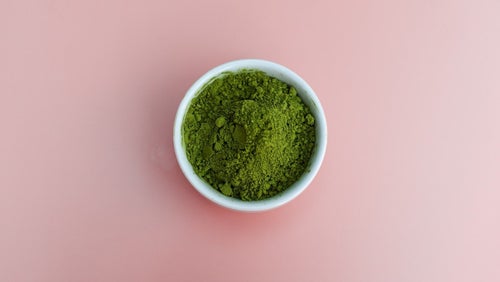
7 Health Benefits Of Green Tea
Reduce inflammation, decrease body fat, improve blood flow and loads more.
5. Omega 3
Last but by no means least is Omega 3. We’d be surprised if you’d never heard of omega 3 before, but we’ll bring you back up to speed regardless. Omega 3 is an essential fatty acid we get from nuts, seeds and certain types of fish, such as salmon, sardines and mackerel.
Omega 3 contains two essential fatty acids: DHA and EPA. Note the word “essential” — this means we must consume these fatty acids through our diets to live and function because our bodies cannot produce them. In the UK it’s advised that we consume at least one portion of fatty fish a week, but some people may struggle to follow this advice.
One study investigated whether appetite could be affected by omega 3 fatty acids when included in a calorie-restricted diet.5 A positive relation between omega 3 and fullness was observed over the eight weeks of the study, and it was concluded that omega 3 intake can help modulate appetite and may have uses for weight maintenance.
So to help aid your weight loss, supplementing with omega 3 capsules once to three times a day may also help regulate your appetite while also aiding your metabolism for burning fat.
Summary
Omega 3s are good fats to include in your diet to support satiety and a healthy metabolism, which are both crucial for weight loss.
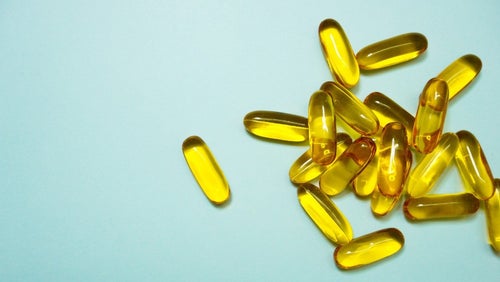
What is Omega-3? | Benefits, Side Effects & Dosage
This is what makes omega-3 so good for us, and where you can get it.
FAQs
What is the best weight loss supplement?
Protein powder is a great pick for weight loss. Increasing your daily protein intake is a good idea if you want to lose weight, as it can help to increase satiety, regulate blood sugar levels, and preserve lean muscle mass.
On top of this, maintaining lean muscle mass can increase your metabolism, which may make it easier to lose weight.
When should I drink protein shakes for weight loss?
It's commonly said that breakfast is the most important meal of the day, but what’s really important is having a decent amount of protein with your morning meal, as it can help regulate blood sugar and keep you feeling full throughout the day. For these reasons, sometimes there's no better way to begin the day than with a protein shake.
And for the same reasons, protein shakes also make for a fantastic snack in between meals. They can help reduce the temptation to snack excessively, which is helpful if you're trying to maintain a calorie deficit for weight loss.
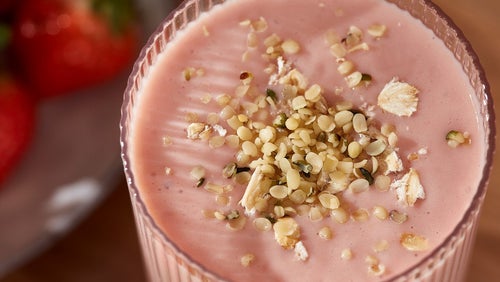
Protein Shakes For Weight Loss
Here's how to use protein shakes to your advantage.
Do I need supplements to lose weight?
Supplements can be really useful when dieting, but they aren't essential for losing weight. The main things to focus on are energy consumption and expenditure, ie calories in and calories out. That said, protein and caffeine are both great for supporting weight loss.
But if you are consuming less food than you would normally, or have made substantial changes to your diet, it's possible you may be missing out on some vital vitamins and minerals.
In addition to protein and caffeine, multivitamin, omega-3 fatty acid, and vitamin D supplements may be worth considering during a calorie deficit to help support general health. But remember supplements should never be used as a replacement for a healthy and balanced diet — they just provide a helpful safety net.
What supplements are best at supporting weight loss?
For me, there are two things to consider when choosing supplements to support weight loss. The first is appetite management, and the other is increasing energy expenditure.
For appetite, a protein supplement, a caffeine supplement, and a fibre supplement are all useful. These will help manage hunger and keep you feeling fuller.
For increasing energy expenditure, a thermogenic (like Thermopure Capsules), as the inclusion of caffeine (a stimulant) can help you work out harder and for longer. Thermopure Capsules also have the added bonus of green tea extract - a popular ingredient for weight loss supplements.
Which protein powder is best for weight loss?
While basically any protein powder is beneficial for weight loss, casein protein may be especially effective because it takes longer to digest, meaning it's better for satiety and blood sugar regulation.

Casein Vs. Whey Protein | What's The Difference?
Whey? Casein? Both? Which should you choose?
If you follow a vegan or vegetarian diet, plant-based protein powders are a good alternative to casein.
And while not technically protein shakes, meal replacement blends are also good for supporting weight loss, as they're calorie efficient, high in protein and fibre, and contain added vitamins and minerals.
How should I take supplements to lose weight?
Well, it depends entirely on your goal.
If your goal is to improve your general health, consider vitamins and mineral supplements that will help cover any potential nutritional deficiencies.
If your goal is to manage hunger, consider taking your supplements when you're hungry and not just at any random time of the day.
And if your goal is to increase your energy expenditure, time your supplement intake around your training. A thermogenic right before working out may help you work out harder than you otherwise would.
Take home message
If you’re looking for a helping hand in your weight loss journey, then these five supplements are a great way to support your regime. For maximum benefits, take them alongside a balanced, healthy diet and a good training regime. Commitment is the key to sustained weight loss, so make a plan and stick to it.
FIND MORE ON SUPPS HERE:
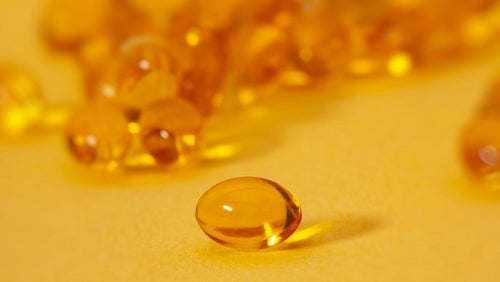
What Is Conjugated Linoleic Acid (CLA)? | CLA For Weight Loss & CLA Benefits
This lesser-known supplement has some promising research.

What is Leucine? | Leucine Benefits, Dosage and Sources
The supplement to power up muscle building.

Kre-Alkalyn | Benefits, Dosage & Side Effects
We investigate the benefits of adding pH-correct creatine to your supplement stack.

Casey Walker is an experienced sports nutrition new product development technologist. He holds a Bachelor of Science in Sports and Exercise Science and a Master of Science in Sports Sciences and Physiology.
Casey’s scientific research area of expertise lies in the effects of dietary nitrates on sprint performance and exercise-induced muscle damage. He has also worked as a sports scientist for a medal-winning Paralympic track cyclist, with a goal of qualifying for the Rio 2016 Paralympics.
Find out more about Casey’s experience here.
In his spare time, Casey is a keen middle-distance runner with an interest in triathlon. He’s always looking out for the latest blends and supplements to improve his half-marathon time and recovery.
- Frestedt, J. L., Zenk, J. L., Kuskowski, M. A., Ward, L. S., & Bastian, E. D. (2008). A whey-protein supplement increases fat loss and spares lean muscle in obese subjects: a randomized human clinical study. Nutr Metab (Lond), 5(1), 8.
- Shah, S. H., Crosslin, D. R., Haynes, C. S., Nelson, S., Turer, C. B., Stevens, R. D., … & Svetkey, L. P. (2012). Branched-chain amino acid levels are associated with improvement in insulin resistance with weight loss. Diabetologia, 55(2), 321-330.
- Layman, D. K. (2003). The role of leucine in weight loss diets and glucose homeostasis. The Journal of nutrition, 133(1), 261S-267S.
- Hursel, R., Viechtbauer, W., & Westerterp-Plantenga, M. S. (2009). The effects of green tea on weight loss and weight maintenance: a meta-analysis. International journal of obesity, 33(9), 956-961.
- Parra, D., Ramel, A., Bandarra, N., Kiely, M., Martínez, J. A., & Thorsdottir, I. (2008). A diet rich in long chain omega-3 fatty acids modulates satiety in overweight and obese volunteers during weight loss. Appetite, 51(3), 676-680.
- Volek, J. S., Kraemer, W. J., Rubin, M. R., Gómez, A. L., Ratamess, N. A., & Gaynor, P. (2002). L-Carnitine L-tartrate supplementation favorably affects markers of recovery from exercise stress. American Journal of Physiology-Endocrinology and Metabolism.
Related Posts

Try Our New Instagram Filter For Your Chance To Win Prizes #RefuelYourAmbition



